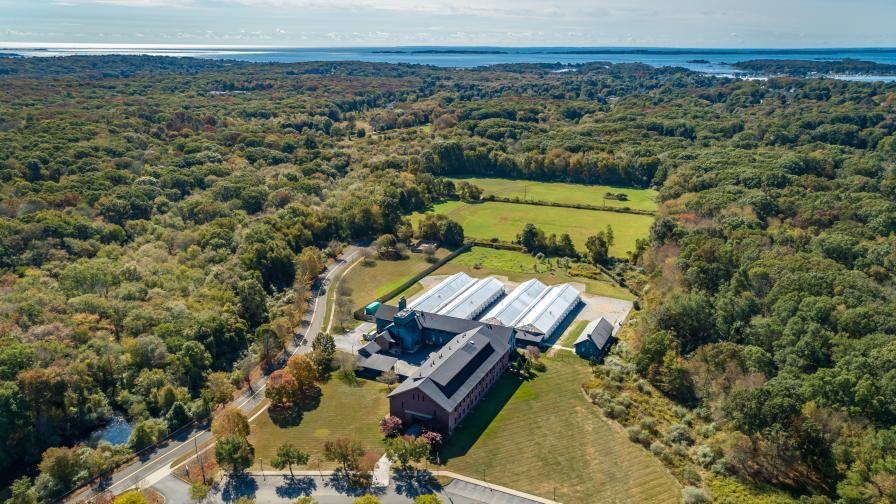Syngenta Partners with Enko to Accelerate Molecule Discovery

Enko researchers evaluate new pest control on corn. Photo credit Tim Llewellyn
For the second time this year, Syngenta has partnered with a research company that leverages new molecule discovery techniques used in pharmaceutical development to bring new AIs to market for agriculture.
Crop health company Enko and Syngenta announced today a multi-year partnership to target specific pests and design new molecules to control them. The companies are still jointly identifying priority projects, and new herbicides to battle resistant weeds in corn and soybeans in the Americas could be likely first targets.
Here’s how it works:
Enko’s target-based approach combines novel drug discovery technologies like DNA-encoded libraries with machine learning and structural biology to dramatically improve the scale and speed of crop protection R&D. The approach allows scientists to screen more than 120 billion compounds simultaneously to identify molecules that bind like a lock and key to specific enzyme variants in pests. These highly selective molecules are more effective in lower quantities and do not impact similar enzyme variants in other organisms, which establishes safety guardrails from the first step of discovery.
Machine learning allows Enko to match compounds that could be effective in controlling a target pest using new pathways while simultaneously screening that compound for environmental and non-target toxicity. It can then design an origination pathway and formulation. The process could cut the R&D timeline in half, according to Enko.
“We have 120 billion compounds in our library, it would take many lifetimes to evaluate them using traditional methods,” Enko CEO Jacqueline Heard told AgriBusiness Global. We are finding the starting points and taking the modeling and AI from there to design compounds like a lock and key to leverage modeling and structure-based design to discover new chemical matter.”
Syngenta signed a similar deal with Insilico Medicine in February, illustrating Syngenta’s focus and investment into next-generation crop protection products using machine learning to discover new pathways to pest control.

Jacqueline Heard, Enko CEO
The agreements are expected to generate more new products than are currently being introduced on an annual basis, and they will be brought to market more quickly, Heard says.
“In our own discovery process, we’ve started with some novel herbicide targets and chemistries, so in 2-5 years, we’ll definitely have molecules in commercialization, and we will have a more frequent commercialization strategy going forward,” she said.
The ability to target specific pests and engineer new molecules to control them in a more efficient way could drive the cost of development down, which could make products for developing economies more affordable for both manufacturers and farms. In its press release, Enko says the prospect of accessible options and more efficient solutions to treating pests and novel diseases will dramatically benefit farmers worldwide. In particular, Enko is committed to developing affordable crop health products for smallholder farmers in Africa, South America and Asia, who face a disproportionate disadvantage from pests due to climate change and are underserved by the products on the market today.
Syngenta, with its distribution networks around the world, will lead the commercialization of the products co-developed by Enko.







